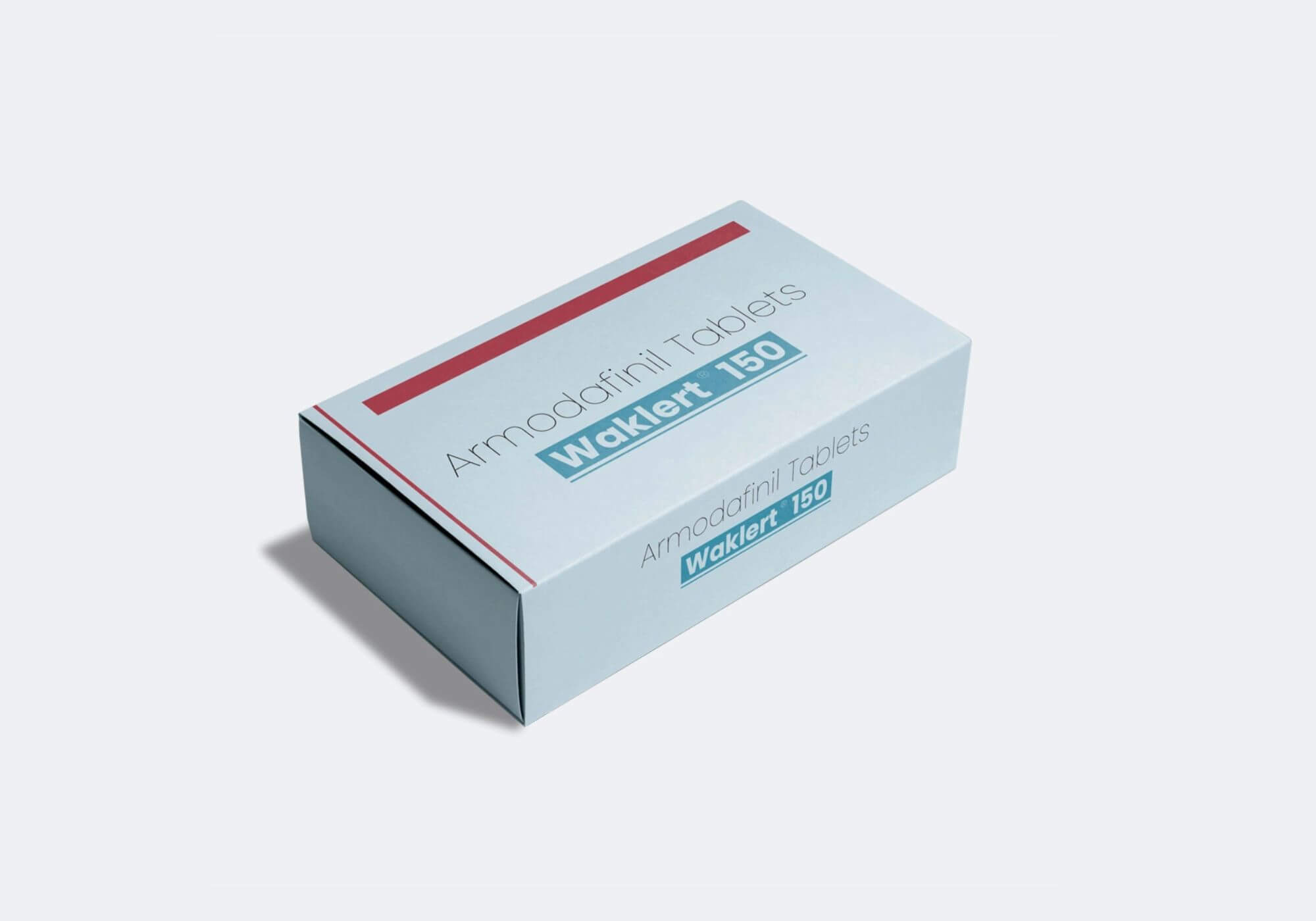How To Beat Skin Allergies with Ease?
Written By - Tarian Voss
on February 18, 2025

Sensitive skin can be a challenging condition to manage, especially when it’s prone to allergic reactions. Whether you’re battling redness, itching, or irritation, understanding the root causes and implementing the right strategies can help you regain control. This Sensitive Skin Survival Guide is designed to provide you with practical advice to beat allergies with ease. From lifestyle choices that affect skin health to the best hypoallergenic skincare products, we’ll cover everything you need to know to keep your skin calm, comfortable, and resilient. Let’s dive into how you can create a balanced routine, find effective treatments, and prevent flare-ups for smoother, healthier skin.
What Is the Link Between Skin Allergies and Lifestyle Choices?
How Does Diet Affect Sensitive Skin?
Your diet has a direct impact on your skin’s health, and certain foods can trigger or soothe allergic reactions. Highly processed foods, dairy, and excessive sugar can increase inflammation, making sensitive skin more reactive. On the other hand, nutrient-rich foods like leafy greens, berries, and omega-3 fatty acids found in walnuts and flaxseeds can help protect your skin from allergies.
Hydration is another crucial aspect of a skin-friendly diet. When your body is dehydrated, your skin’s barrier weakens, making it more vulnerable to irritants. Drinking plenty of water and consuming hydrating foods like watermelon, cucumber, and oranges can help maintain your skin’s moisture balance. Herbal teas with anti-inflammatory properties, like chamomile and green tea, can also soothe sensitive skin.
Food allergies can also manifest as skin reactions. Dairy, gluten, soy, and artificial additives are common culprits that can trigger eczema, hives, or rashes. Keeping a food diary and identifying trigger foods can help reduce allergic skin reactions. Switching to an anti-inflammatory diet, rich in antioxidants and fiber, can significantly improve sensitive skin conditions.
Can Stress Make Skin Allergies Worse?
Stress is a silent enemy of sensitive skin. When you’re stressed, your body releases cortisol, a hormone that weakens your skin barrier and increases inflammation. This makes your skin more reactive to allergens and environmental pollutants. Stress-management techniques like meditation, deep breathing, and yoga can help maintain your skin’s health.
Sleep deprivation is another factor that can aggravate skin allergies. A lack of quality sleep reduces your skin’s ability to heal and increases its sensitivity to irritants. Aim for seven to eight hours of restful sleep to allow your skin to repair itself. A bedtime routine with calming activities like reading or listening to soothing music can improve your sleep quality.
Engaging in regular physical activity can also reduce stress and improve circulation, ensuring that your skin gets enough oxygen and nutrients. Outdoor activities like hiking, jogging, or even gardening can lower stress hormones and help your skin maintain a healthy glow.
How Do Environmental Factors Affect Sensitive Skin?
Pollution, climate changes, and exposure to harsh chemicals can make sensitive skin even more reactive. Pollutants like dust, smoke, and industrial chemicals can clog pores and cause irritation. Using antioxidant-rich skincare products, such as vitamin C serums, can help protect your skin from these environmental aggressors.
Sun exposure is another major factor in skin sensitivity. Prolonged exposure to harmful UV rays can lead to redness, dryness, and increased allergic reactions. Always use a broad-spectrum SPF 30+ sunscreen to shield your skin from sun damage. Mineral sunscreens with zinc oxide or titanium dioxide are gentle and less likely to cause irritation.
Indoor environments can also be problematic. Air conditioning, heating systems, and artificial fragrances in household products can dry out and irritate your skin. Using a humidifier, choosing fragrance-free skincare products, and keeping your living space dust-free can help reduce exposure to allergens.
What Are the Best Hypoallergenic Skincare Products for All Skin Types?
Which Ingredients Should You Avoid in Skincare?
If you have sensitive skin, it’s crucial to avoid certain ingredients that can trigger irritation. Artificial fragrances, alcohol, sulfates, and parabens can strip your skin of its natural oils, making it prone to allergic reactions. Checking ingredient lists and opting for fragrance-free, alcohol-free, and paraben-free products can minimize irritation.
Synthetic dyes and preservatives are also common culprits. Many skincare products contain chemical preservatives that can cause redness and breakouts. Choosing naturally derived ingredients like aloe vera, chamomile, and oat extracts can help soothe and protect sensitive skin.
Harsh exfoliants can also lead to micro-tears and increased sensitivity. Instead of scrubbing your skin with abrasive products, opt for gentle exfoliants like lactic acid or enzyme-based exfoliators that remove dead skin cells without causing irritation.
Which Hypoallergenic Cleansers Are Best for Sensitive Skin?
A good cleanser should effectively remove dirt and makeup without stripping your skin’s natural moisture barrier. Look for sulfate-free, pH-balanced cleansers that contain soothing ingredients like glycerin, cucumber extract, and ceramides.
Micellar water is an excellent choice for allergy-prone skin as it gently removes impurities without the need for harsh rubbing. If you prefer a face wash, opt for a hydrating, cream-based cleanser that nourishes the skin while cleansing.
For those who wear makeup daily, double cleansing with a plant-based oil followed by a gentle cleanser can ensure a deep cleanse without irritation. Oils like jojoba or coconut oil can help dissolve stubborn makeup while maintaining the skin’s moisture.
How Do You Choose the Right Moisturizer?
A moisturizer is essential for protecting sensitive skin from allergens and external irritants. The best hypoallergenic moisturizers contain ceramides, hyaluronic acid, and squalane, which help maintain a strong skin barrier.
If you have dry skin, opt for a rich, creamy moisturizer that provides deep hydration. For oily or combination skin, lightweight, gel-based moisturizers work best without clogging pores. Always choose fragrance-free and non-comedogenic formulas to reduce the risk of breakouts.
Plant-based moisturizers with shea butter, coconut oil, or avocado oil can also help repair and hydrate sensitive skin. These natural ingredients provide anti-inflammatory benefits and help calm irritation and redness.
Itchy Skin Solutions: Quick Fixes for Allergy Flares
How Can You Soothe an Itchy Rash Instantly?
When an allergy flare-up strikes, the first step is to cool the affected area. Applying a cold compress or ice pack wrapped in a soft cloth can provide instant relief by numbing the irritation and reducing redness. Another quick fix is to rinse the skin with cool water to remove potential allergens like pollen, dust, or sweat. Avoid using hot water, as it can worsen irritation and dry out the skin.
Over-the-counter anti-itch creams containing hydrocortisone or calamine lotion can also help. Hydrocortisone reduces inflammation, while calamine provides a cooling effect that soothes the itch. If you’re looking for a natural remedy, try dabbing aloe vera gel on the affected area—it has anti-inflammatory and hydrating properties that calm irritated skin.
What Are the Best Anti-Itch Ingredients?
When selecting skincare products for itchy, allergy-prone skin, look for soothing ingredients like colloidal oatmeal, chamomile, and shea butter. Colloidal oatmeal forms a protective layer that locks in moisture and reduces inflammation, making it perfect for itchy rashes and eczema. Chamomile extract has natural antihistamine properties that help calm allergic reactions.
Coconut oil and jojoba oil are also excellent for soothing irritated skin. Their anti-inflammatory and antimicrobial properties help heal damaged skin and prevent further irritation. For an extra boost of relief, adding a few drops of lavender or tea tree oil to a carrier oil can help reduce itching and redness naturally.
Can Moisturizing Help Relieve Allergy Flares?
Yes! Keeping the skin well-moisturized is essential for preventing itchiness and irritation. A hypoallergenic moisturizer rich in ceramides, hyaluronic acid, or squalane can help repair the skin barrier and reduce moisture loss. Apply it immediately after a shower while the skin is still damp to lock in hydration.
Avoid products with artificial fragrances, alcohol, or harsh preservatives, as they can aggravate allergies. Instead, opt for dermatologist-recommended brands that focus on sensitive skin. Regular moisturization strengthens the skin’s defenses, reducing the likelihood of future allergy flares and keeping your skin calm and comfortable.
How to Build an Allergy-Proof Skincare Routine
What Is the Best Way to Cleanse Allergy-Prone Skin?
Choosing the right cleanser is the first step to an allergy-proof skincare routine. Harsh soaps and sulfates can strip your skin of natural oils, making it more reactive. Instead, opt for a fragrance-free, sulfate-free, and pH-balanced cleanser that gently removes dirt and allergens without causing irritation. Micellar water is a great option for those with extremely sensitive skin, as it cleans without disrupting the skin barrier.
How Can Layering Skincare Products Help?
Layering your skincare properly helps strengthen the skin barrier and prevents allergic reactions. Start with a gentle cleanser, followed by a lightweight hydrating serum containing ingredients like hyaluronic acid or niacinamide to calm the skin. Then, seal in moisture with a hypoallergenic, non-comedogenic moisturizer rich in ceramides and squalane. If you wear sunscreen (which you should!), choose a mineral-based formula with zinc oxide or titanium dioxide to avoid irritation.
Should You Patch-Test New Products?
Before introducing a new product into your routine, always conduct a patch test by applying a small amount behind your ear or on your wrist. Keep a check if there is any type of allergy and or any symptoms such as swelling or itchy skin or redness. This simple step can help prevent unexpected allergic reactions and keep your skin calm and healthy.
Skin Health and the Gut Connection
Did you know your gut health plays a vital role in your skin’s appearance and sensitivity? The connection between your gut microbiome and skin health is backed by science. An imbalanced gut can lead to systemic inflammation, which may trigger skin issues such as allergies, acne, eczema, or heightened skin sensitivity. When the gut is under stress, it can affect the skin’s natural barrier, making it more prone to irritation.
One way to support both gut and skin health is by incorporating probiotic-rich foods into your diet. Fermented foods like yogurt, kimchi, sauerkraut, and kombucha are packed with beneficial bacteria that help balance your gut microbiome. These foods promote better digestion, boost immunity, and can even enhance the resilience of your skin, leaving it looking healthier and less reactive.
On the other hand, processed foods and artificial additives can disrupt your gut’s balance, leading to inflammation. High sugar, unhealthy fats, and additives found in many processed foods can contribute to gut imbalances that show up as skin flare-ups, breakouts, or sensitivities. By reducing processed foods, you can decrease this internal inflammation and help your skin maintain its natural glow and strength. Prioritizing gut health is a holistic approach to achieving radiant, healthy skin.
Conclusion:
Managing sensitive skin and its reactions to allergens doesn’t have to be overwhelming. By making mindful lifestyle choices, using the right hypoallergenic products, and incorporating natural remedies, you can protect your skin from irritation and boost its overall health. Building an allergy-proof skincare routine and nurturing your gut health can lead to long-term improvements, ensuring that your skin remains balanced and calm. With these tips in hand, you’re well on your way to conquering sensitive skin and enjoying a clearer, more comfortable complexion. Remember, consistency is key, and with a little extra care, you can enjoy skin that feels as good as it looks.
More Blogs













